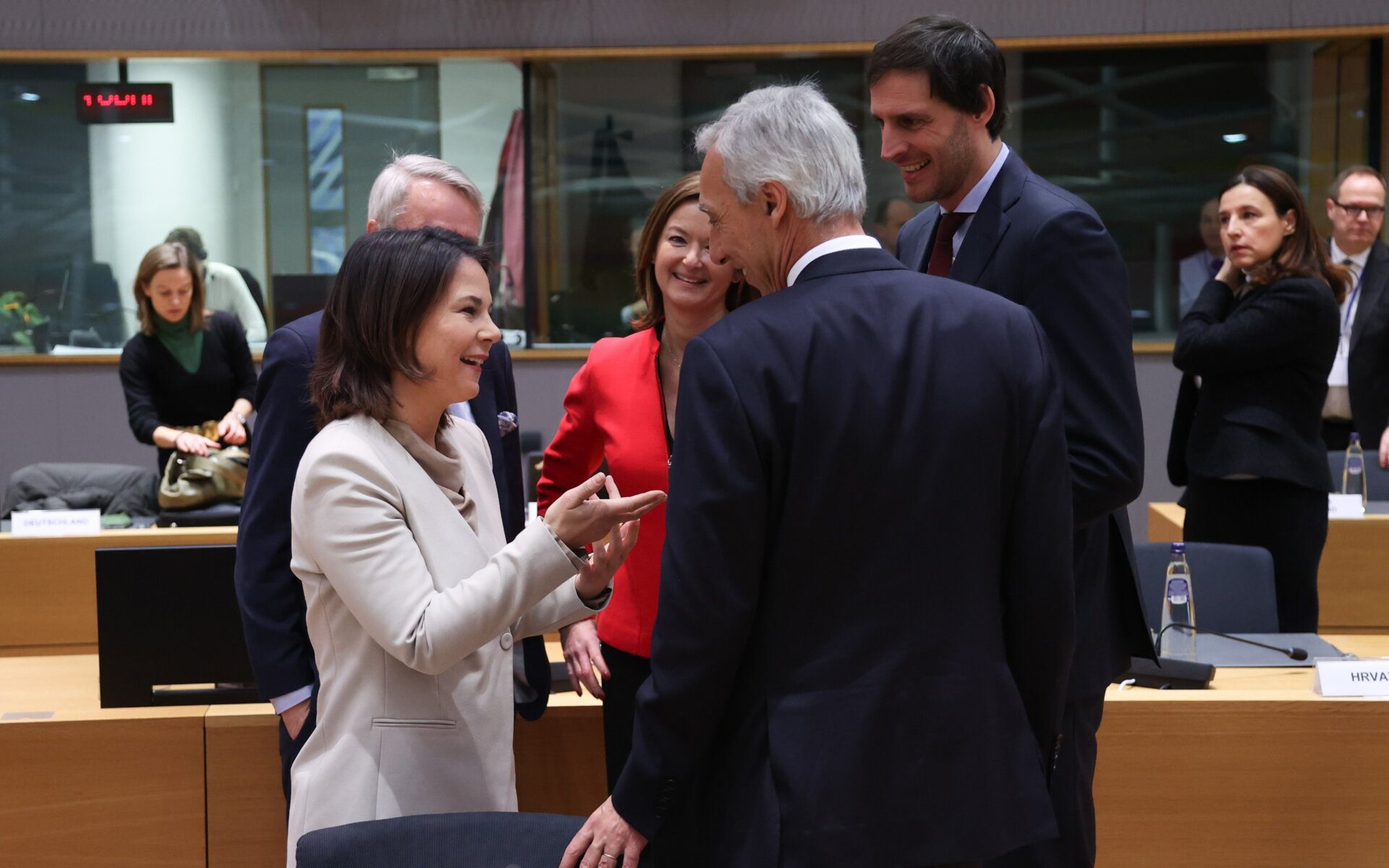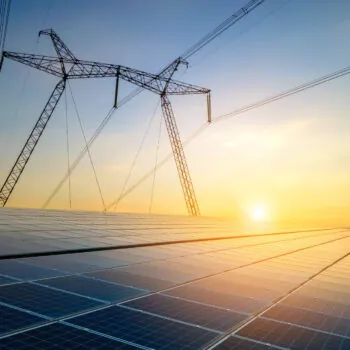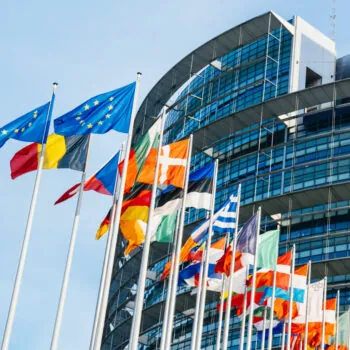The EU has a key role to play in driving the global climate transition. To do so, the EU needs a strong mandate for climate foreign policy that addresses the current polycrisis environment.
The EU’s call for a global coal phase-out, coming out of the 2021 Foreign Affairs Council (FAC), paved the way for a global coal phase-down commitment at the climate conference COP26.
However, this year’s climate diplomacy EU Foreign Affairs Council* takes place in a different context. The world faces an exacerbated polycrisis following the Russian war in Ukraine. The green transition is accelerating in many countries, but global energy and food markets are under stress.
By showcasing its own commitment to the climate transition, the EU’s foreign affairs policy can build global consensus to accelerate the end of fossil fuel use. Moreover, a mandate to mobilise transition and impacts response finance for developing countries can signal the EU’s support for climate-vulnerable countries’ priorities and encourage their high-ambition coalitions to drive climate ambitious politics. Finally, a new approach to diplomatic engagement with other major emitters can unlock commitments from others.
Recommendations for a strong EU climate foreign policy
This year’s Foreign Affairs Council conclusions can set a clear mandate for the EU to:
- Lead consensus around a global fossil fuel phase-out mandate (supported by EU leadership on implementation at home).
- Mobilise EU and global finance for transitions and impact responses for countries hit hardest by the global energy, food, and economic crises.
- Deploy EU industrial and trade policy and joined up diplomatic outreach to incentivise other major emitters to decarbonise faster.
*As foreign affairs ministers failed to reach an agreement on EU climate diplomacy at the EU FAC of February 2023, they will continue their discussions at the EU FAC of March 2023.


